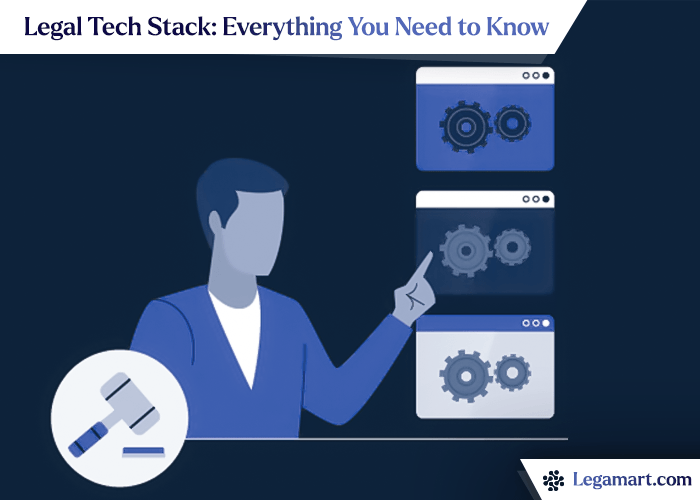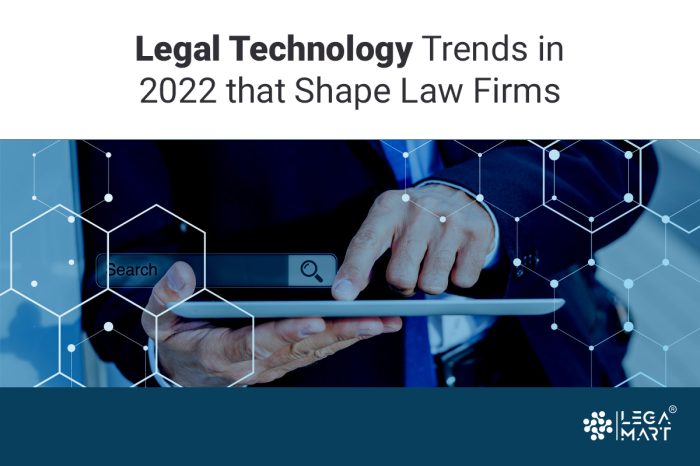Fintech and eCommerce legal issues
Fintech and eCommerce legal issues refer to the legal challenges that arise in the rapidly evolving fields of financial technology and electronic commerce. Fintech involves the use of technology to innovate financial services and products, while eCommerce involves the buying and selling of goods and services over the internet. These industries are global in scope, and their growth has been driven by the rapid development of technology and the increasing use of digital platforms. However, the legal framework for these industries is often unclear and can vary significantly across jurisdictions. International law has established some principles and standards for these industries, such as the UN Convention on the Use of Electronic Communications in International Contracts. However, there are still many legal challenges, including issues related to data privacy, intellectual property, cybersecurity, and consumer protection. These challenges require a flexible and adaptable legal framework that can keep up with the pace of technological change while still protecting the rights and interests of all stakeholders involved.
Find best lawyers for Fintech and eCommerce legal issues
Issues related to Fintech and eCommerce legal issues
Key Legal Issues:
As an aspiring fintech company, investor, or developer, fintech regulations are not exactly the most exciting challenge you’ll face. However, it’s essential to understand the core fintech legal issues to reap the rewards fintech offers. The three key areas are:
- Data privacy. Consumer protection is a core component of fintech regulation. Regulatory bodies concerned with data privacy can sanction companies for not following proper risk assessments and meeting standards around customer data.
- Money laundering. Governments take money laundering seriously. They recognise that fintech technology could be used to avoid duties. As such, each territory has its anti-money laundering (AML) laws.
- Cyberattacks. Traditional banks and fintech startups are big targets for hackers and other cybercriminals. There are financial laws designed to combat this, some of which we will discuss below.
- Regulatory Framework For Fintech Businesses. You may have picked up on one of the complexities around fintech laws and regulations. There is not a single overriding body of laws and regal. Instead, each significant territory has different laws, depending on the parties’ location. As a result, there is a lot of crossover in the different agencies and regulations, but it might feel like a tangled web of bureaucracy!
Fintech Regulations In The US
- The Conference of State Bank Supervisors (CSBS). The CSBS has been around since 1902. However, in recent years, it has become involved in an attempt to standardise some of the licensing for fintech. This is a problem unique to the US, where different regulatory compliance standards exist in different states.
The CSBS started the Vision 2020 initiative to bring some unity to licensing and has had significant success, lowering the barrier to entry for financial companies offering new technologies in the US.
- The Consumer Financial Protection Bureau (CFPB). The CFPB is the overarching government agency concerned with ensuring that financial companies treat consumers fairly. The bureau covers all financial firms, including fintech firms, national banks, and other financial institutions.
- The Commodity Futures Trading Commission (CFTC). This body regulated the derivatives market. So if you are, for example, building an application related to trading in commodity futures, options, swaps, or over-the-counter in the US, you will need to abide by the CFTC regulations.
- The US Department of Treasury’s Financial Crimes Enforcement Network (FinCEN). In the US, FinCEN is a regulatory authority chiefly concerned with money laundering and intelligence collection and analysis. They cover various financial services, including banks, credit unions, money services businesses, insurance, casinos, etc.
- The Office of the Comptroller of the Currency (OCC). The OCC is an independent bureau that is ultimately part of the US Department of the Treasury. It looks over federal savings associations, national banks, and agencies of foreign banks. So, if you want to set up an online banking app, you will have a dialogue with the OCC!
In the US, there are also specific laws that control financial areas:
- The Bank Secrecy Act (BSA). This refers to a specific set of laws designed to stop money laundering. One of the primary practical outcomes for financial institutions is that they must keep detailed records of transactions.
- Anti-money laundering (AML). AML does not refer to a single institution but rather a collection of financial laws and regulations designed to minimise and deter money laundering in the US.


Fintech Regulations In The UK
- Financial Conduct Authority. The FCA is the core regulator for all financial services and markets in the UK. Unlike the US, the UK does not have difficulty with state-level laws. The FCA protects consumers, deters money laundering, and attempts to ensure fair competition between providers.
- Prudential Regulation Authority. The PRA was established after the financial crisis to ensure that businesses like banks trade responsibly. However, the PRA, part of the Bank of England, is generally concerned with banks and insurers, so many fintech organisations may never come across them.
- Payment Systems Regulator. The PSR is focused solely on making payments in the UK. They ensure systems work well, promote healthy competition, and are fair to the consumer.
Fintech Regulation In Western Europe
- The General Data Protection Regulation. GDPR refers to the European laws around data privacy and security. This is important for fintech and any organisation holding personal data in Europe.
- The European Union Directives and Financial Action. This is a European Union agency dedicated to fighting cybercrime, including, but not limited to, money laundering.
- The New Payment Service Directive. This is important for fintech companies seeking to operate in Europe, particularly if they want to offer a payment service. Not only does it seek to make payments more secure, but it was also designed to lower barriers to fintech companies by making more allowances for APIs and new financial technology, which were struggling to operate optimally under the former directive.
Luckily, in most cases, you will only need an awareness of these different governing bodies, laws, and standards. It is unusual for a fintech startup to operate in all these territories and come up against all regulations.


Licensing Categories For FinTech Projects
Before we look at some specific licensing examples, let’s take a moment to delineate some of the core areas of fintech.
- Digital banking. This is a movement driven by changing consumer expectations. The dusty old banking institutions and traditions (think queuing, chequebooks, and meetings with the manager) are no longer practical. Mobile banking applications, virtual banks, and the like are springing up all over the place, whether they are the result of national banks playing catch up or new, more agile banking services.
- Payment. For fintech, the growth in this area is propelled by e-commerce. As a result, the speed, security, and ease of payments are high on the agenda for consumers and, therefore, for fintech and financial firms in general!
- Trading and crypto. Fintech services are making the world of stock and crypto trading more accessible all of the time. What was once the domain of the wealthy and financially or tech-savvy is now available to laypeople without needing much money or knowledge.
- Insurance. Insurtech is the recently coined term for tech companies and applications working in the insurance space. There is enormous scope for growth here, as consumers are more motivated by choice, flexibility, and convenience.
- Lending. Credit scores, microlending, and budgeting platforms all fall under this category. They make up hundreds of applications currently on the market that are digitising and simplifying borrowing.
Capital raising. The impact of fintech can be seen clearly in the world of capital raising. This activity has recently transformed as startups can seek capital via dozens of crowdfunding platforms.
Banking License
We are going to run into the same problem here that fintech companies have in general when it comes to regulations. Namely, the rules change from place to place!
For example, in the US, state bank supervisors are a factor. However, there are some universally applicable truths.
- Only a company with a banking license can call itself a bank, and a bank has certain rights that a typical company does not.
- Like a bank, you can hold a person’s funds, invest them on your behalf, and extend additional financial services.
- The types and levels of banking licenses can be complex. Still, as a fintech company with a banking license, you have the potential to disrupt traditional financial institutions, which are scrambling to adapt to modern times.
Even conservative banks are undergoing digital transformations, but more minor, newer banks are being developed or already in operation that are luring customers away due to the benefits that come from their digital nativeness.

Latest Articles
Swetalika Das
- September 20, 2022
Tell us more about your problem.
Please give a brief description about what it is you need to talk to our lawyers about ?
Frequently Asked Questions
What are the Fintech and eCommerce legal issues that UK businesses face?
Fintech and eCommerce legal issues in the UK include data protection and privacy, intellectual property protection, financial regulations, and consumer protection laws.
What are the Fintech and eCommerce legal issues in China?
Chinese eCommerce and fintech legal concerns include cybersecurity, data protection, intellectual property protection, and compliance with financial regulations. It would be best to seek local legal advice before emarking on business activities.












